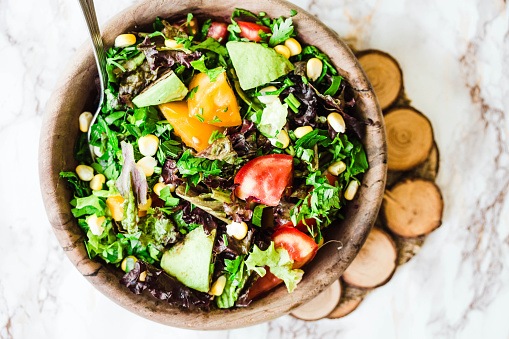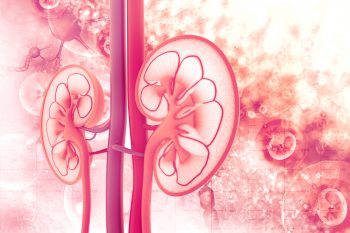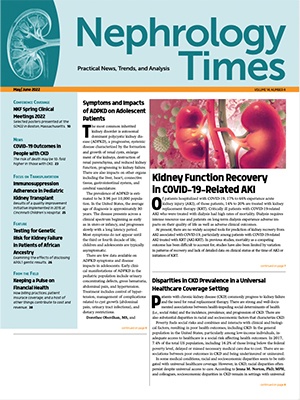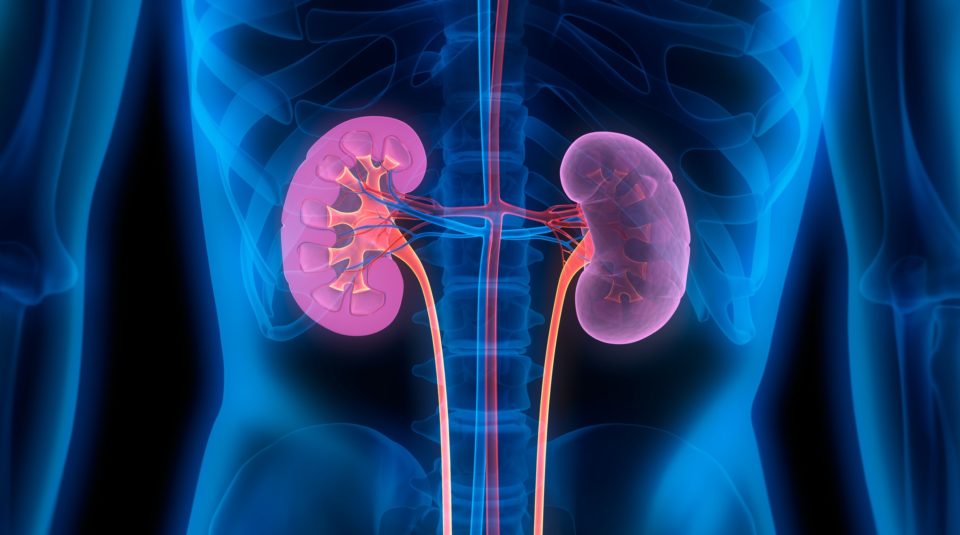
Alkali therapy has long been used to treat metabolic acidosis, a common complication of chronic kidney disease (CKD) that can lead to disease progression. However, there are concerns about its safety and long-term tolerability.
Sepideh Mahboobi, PhD, and colleagues conducted a systematic review and meta-analysis summarizing research findings comparing dietary interventions to placebo, usual care, or no treatment in the management of metabolic acidosis in adult outpatients with CKD. Any dietary intervention with the goal of affecting dietary acid load was considered an intervention.
Data was gathered from Medline, Embase, Cochrane Central, CINAHL, and Web of Science Core Collection from inception through June 2022. Two independent reviewers performed data screening and extraction. Random effects meta-analysis was conducted to pool data. The primary outcome was the change in serum bicarbonate.
Compared to controls, dietary interventions led to clinically significant improvement in serum bicarbonate (mean difference [MD], 2.98; 95% CI, 0.77-5.19; I2, 91%) and higher eGFR (MD, 3.16; 95% CI, 0.24-6.08; I2, 67%). However, serum potassium, albumin, and BMI were unchanged. Dietary interventions were found to be safe.
In subgroup analyses, plant-based interventions were found to be preferable to non-plant-based interventions for the improvement of acid–base balance and eGFR. However, the subgroup findings came from low-quality and heterogeneous studies.
In summary, the findings demonstrated the beneficial effects of dietary interventions to reduce acid or add a base to manage metabolic acidosis and kidney function in adults with CKD. Moreover, there were no observed adverse effects on serum potassium and nutritional status. “Well-designed clinical trials looking at the treatment of metabolic acidosis with dietary interventions with a focus on adding base through fruit and vegetables are required,” the researchers concluded.
Source: Nephrology Dialysis Transplantation.







 © 2025 Mashup Media, LLC, a Formedics Property. All Rights Reserved.
© 2025 Mashup Media, LLC, a Formedics Property. All Rights Reserved.